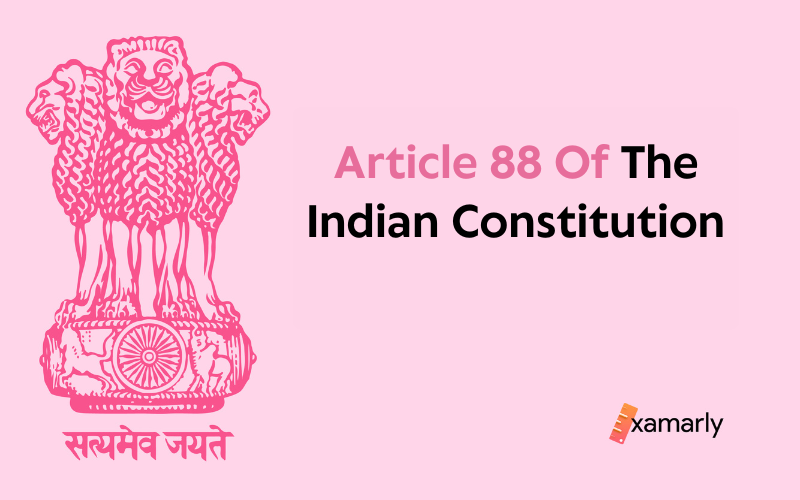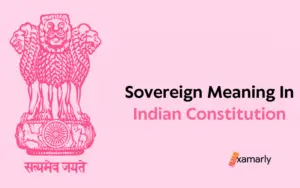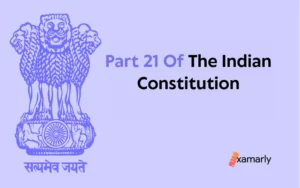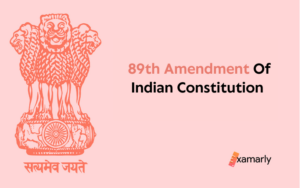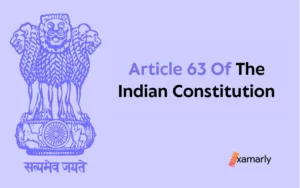Regarding attending House discussions or parliamentary committee meetings when they have been named members, Indian ministers and the attorney general are entitled to some rights.
This is framed in Article 88 of the Indian Constitution under the heading “Rights of Ministers as Respects the Houses.”
We will go into great detail about the rights that India’s Attorney General and Ministers are granted in this article under Article 88.
What Is Article 88 Of The Indian Constitution?
Every Minister as well as the Attorney General of India is allowed to express in and else partake in the proceedings of either House of Parliament (i.e. Upper House of Parliament or Lower House of Parliament), in any of the joint sessions of the Houses of Parliament, and any committee of Parliament of which they may be named members, but they are not, by virtue of this article 88, permitted to cast a vote.
Constitutional Provisions
In Article 88 of the Indian Constitution, ministerial rights with regard to the Houses of Parliament are covered.
Each and Every Minister as well as the Attorney General of India is permitted to voice at and take part in:
- the proceedings of either Lok Sabha or Rajya Sabha (Check out the Powers And Functions Of Lok Sabha and Rajya Sabha from here)
- any joint sitting of the Houses of Parliament
- any Parliamentary committee to which he may be designated a member.
- However, because of this article, he or she will not be allowed to cast a vote during the discussions.
- For example, ministers elected to the Lok Sabha engage in discussions in the Rajya Sabha and certain Parliamentary committees.
- They are not permitted to vote in places where they are not allowed to, nevertheless.
Conclusion
The purpose of the rights granted to the Indian Attorney General and Ministers with regard to the houses is to make sure that they are held accountable by the entire Parliament.
Without affecting the majority of the house or committees, this would guarantee their participation.
For Further Readings:
FAQs
The Council Of Ministers Is Chosen By Whom?
On the Prime Minister’s recommendation, the President names the Council of Ministers.
Which Article Of The Indian Constitution Addresses The Rights Of Ministers With Respect To The Houses?
In Article 88 of the Indian Constitution, ministerial rights with regard to the Houses of Parliament are covered.
What Is Article 88 Of The Constitution?
Every Minister as well as the Attorney General of India has the right to utter in and else participate in the proceedings of both Houses of Parliament or their combined sittings, as well as any Parliamentary committee to which he may be appointed as per Article 88 of the Constitution.
Can The Indian Attorney General Take Part In Parliamentary Proceedings?
He can, but he isn’t allowed to cast a vote during the proceedings.
Who Is The Attorney General of India?
The Indian Attorney General belongs to the Union Executive. He is the country’s top law enforcement officer. He is eligible to serve in any court in the Indian Territory.


